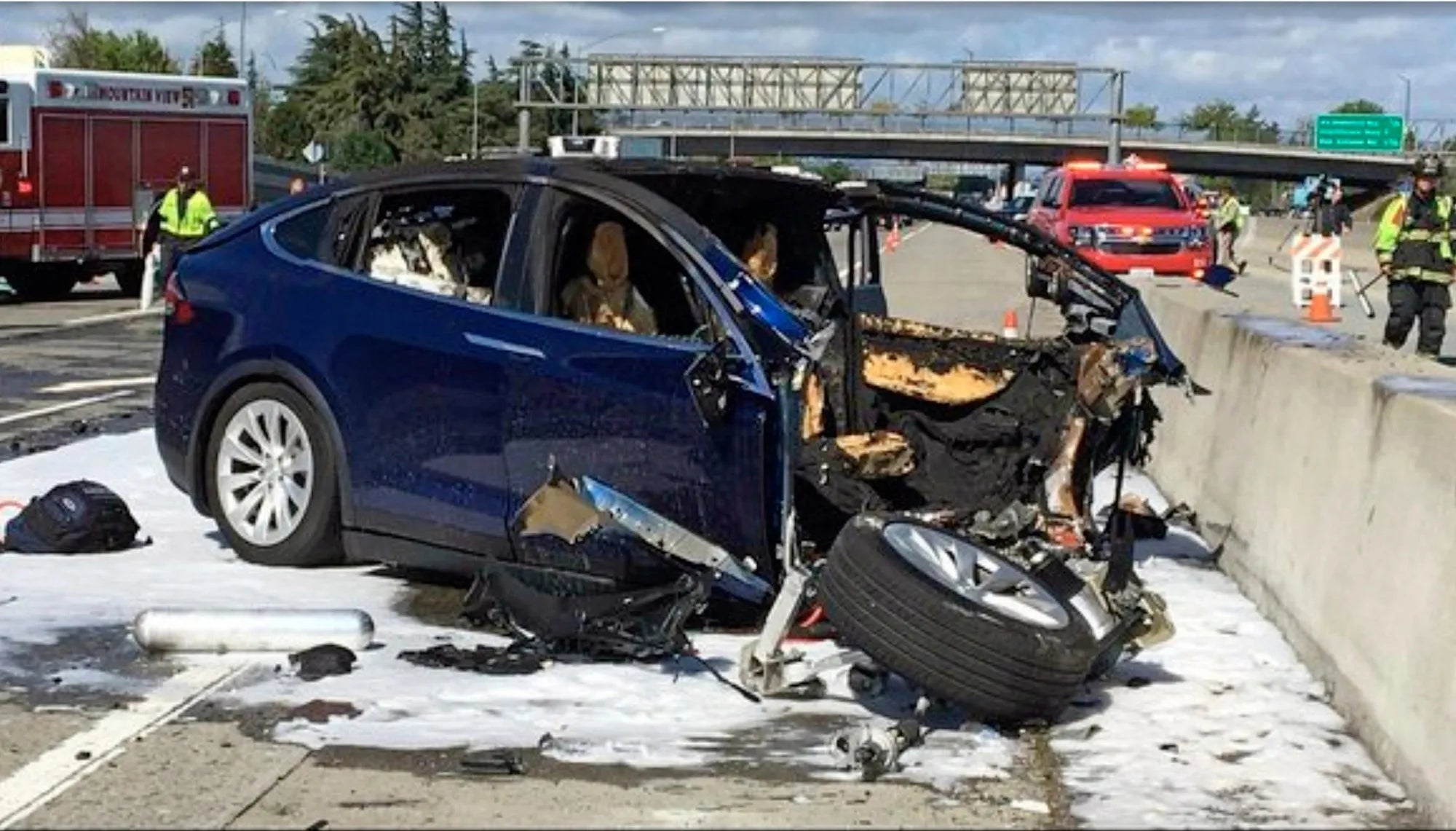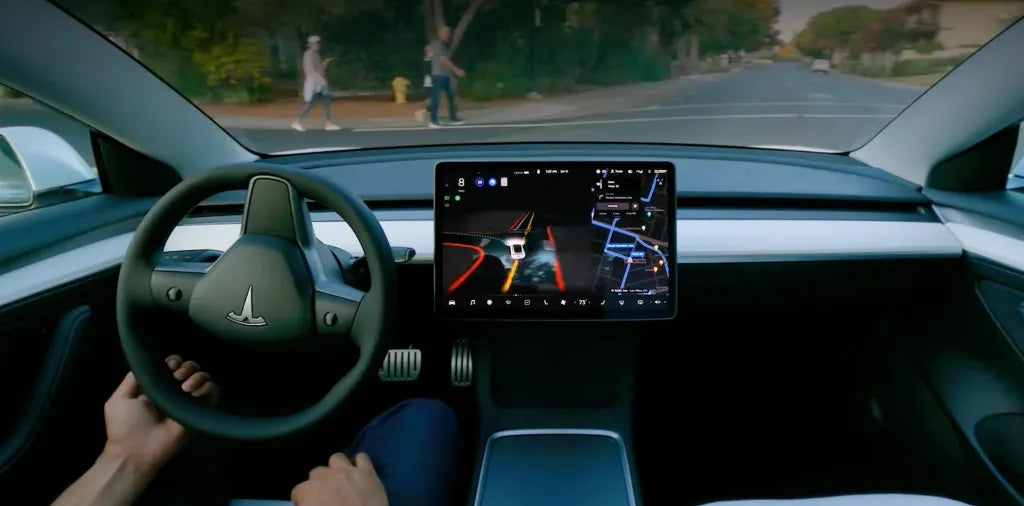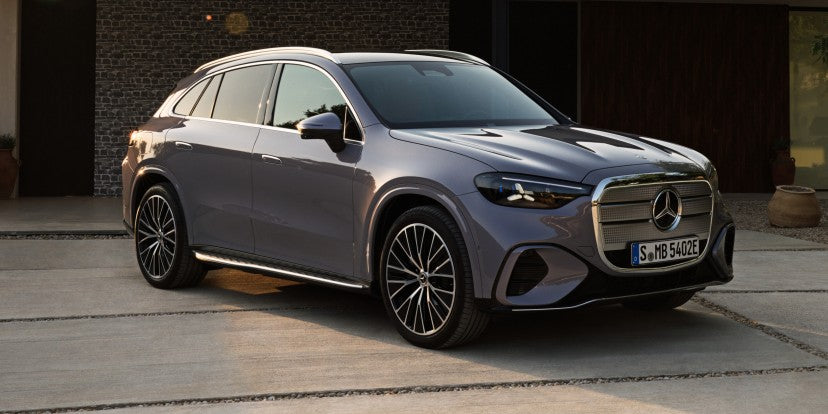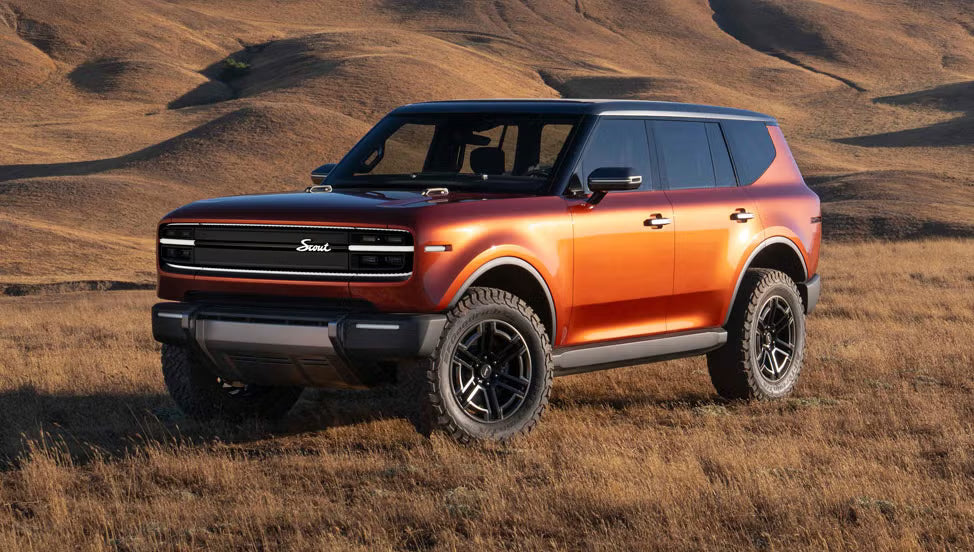As Tesla pushes forward with self-driving ambitions, a pivotal court case in Florida could shape the legal boundaries of autonomous driving technologies. The trial concerns the death of 22-year-old Naibel Benavides Leon, who was killed in 2019 when a Tesla Model S—allegedly operating on Autopilot—struck her and her partner at 70 mph while they were stargazing on the roadside.
What Happened in the 2019 Crash?
The fatal incident occurred near Key Largo, Florida, when the Tesla Model S, driven by George McGee, veered off the road and crashed into a parked SUV. Benavides Leon was thrown 75 feet and died at the scene. Her boyfriend suffered severe injuries. McGee, who survived, was reportedly using Autopilot mode and allegedly reaching for his phone when the crash happened.
Tesla claims the system was operating correctly and that the driver failed to remain attentive. Attorneys for the victim’s family argue that Autopilot should have detected the parked vehicle and engaged emergency braking to prevent the crash.
Tesla’s Legal Defense and Public Backlash
Tesla’s legal team has maintained that Autopilot is not fully autonomous and requires driver supervision. This position is emphasized in user agreements and public messaging. However, plaintiffs argue that Tesla’s branding and Elon Musk’s public statements have given users a false sense of autonomy and safety.
The Miami jury trial, underway as of July 2025, marks a rare case in which Tesla faces punitive damages for Autopilot-related fatalities. Judge Beth Bloom allowed these damages after ruling that a jury could reasonably find Tesla had demonstrated "reckless disregard for human life."
Autopilot and Fatal Crash History
This case is not isolated. Since 2016, U.S. authorities have investigated over 30 Autopilot-involved incidents, including at least 15 fatal crashes. In December 2023, Tesla issued a recall for 2.3 million vehicles to enhance driver monitoring features, including steering wheel engagement prompts and camera-based eye tracking.
| Year | Incident | Status |
|---|---|---|
| 2018 | Fatal crash in California | Driver inattentiveness confirmed |
| 2020 | Arizona pedestrian killed | Investigation ongoing |
| 2022 | Fatal collision with tractor-trailer | Autopilot blamed by NHTSA report |
| 2023 | Florida incident (this case) | Jury trial in progress |
ife."
What’s at Stake for Tesla
-
Legal Precedent: A verdict against Tesla could set a nationwide precedent, forcing changes in how semi-autonomous features are marketed and regulated.
-
Product Strategy: Tesla is planning the rollout of its Robotaxi platform, which relies on the same Full Self-Driving (FSD) stack. This trial places pressure on Tesla to prove FSD's safety.
-
Investor Confidence: Amid declining sales and criticism of Musk’s political activism, another legal setback could further erode investor confidence.
-
AI Ecosystem Links: Recently, Musk announced a Tesla shareholder vote on whether to invest in his AI startup xAI. Critics argue Musk’s divided focus could be affecting Tesla’s product safety and accountability.
Regulatory Landscape and the Road Ahead
The U.S. National Highway Traffic Safety Administration (NHTSA) continues to investigate Tesla’s driver-assist systems. Analysts expect stricter federal oversight and potentially new rules on the use of terms like "Autopilot" and "Full Self-Driving."
Tesla insists Autopilot has a safety record superior to human drivers when used correctly. However, critics warn that overreliance and driver disengagement pose existential risks—especially with robotaxis and AI-integrated transport systems on the horizon.
Conclusion
This Miami trial is more than a courtroom battle; it could define the ethical and legal boundaries of autonomous driving. As the jury deliberates, the EV industry, regulators, and Tesla owners alike are watching closely.
Recommend Reading: Tesla Faces Potential Sales Ban in California Over FSD Misleading Advertising Lawsuit








Share:
Tesla to Hold Shareholder Vote on xAI Investment Amid Broader Concerns Over Musk’s Commitments
Tesla Cybertruck’s Fall from Grace: From Hype to Harsh Realit